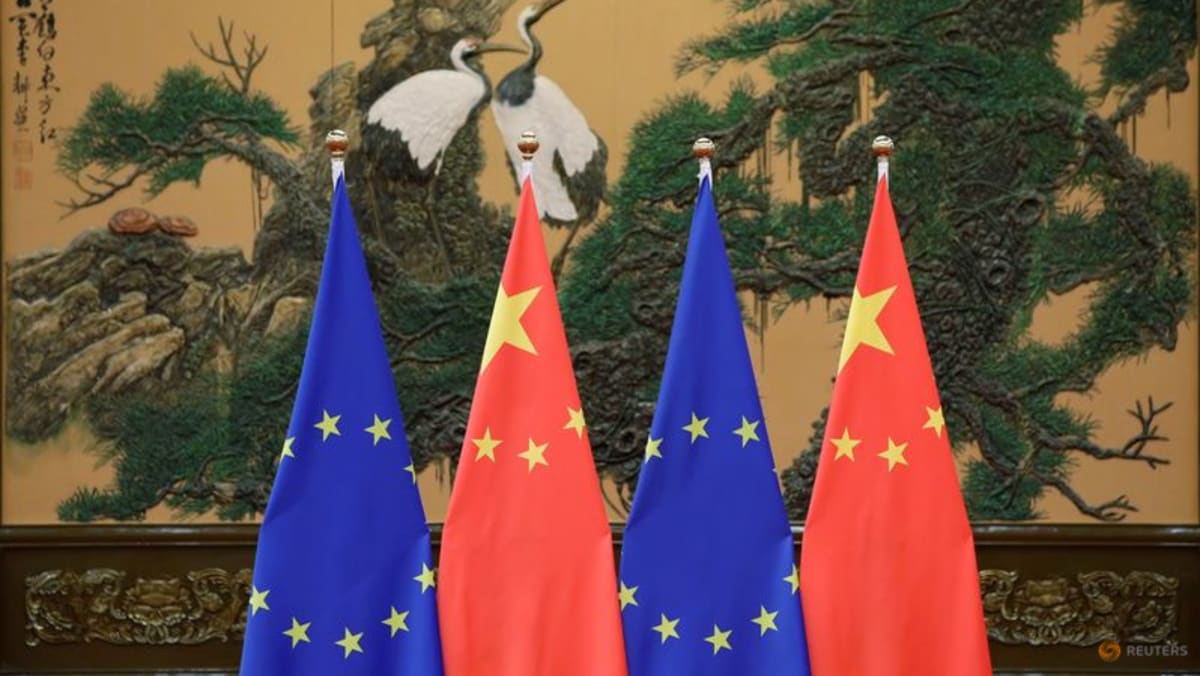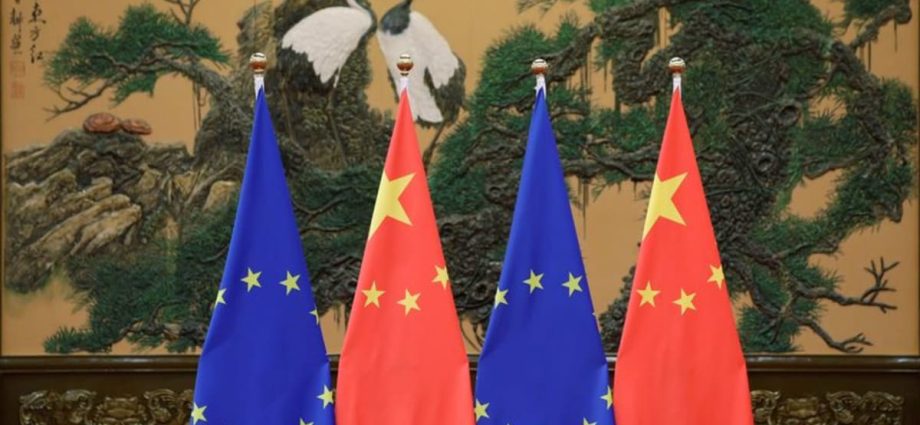
STOCKHOLM: European Union ministers on Friday (May 12) backed reducing the bloc’s economic dependence on China but will now have to figure out how to make that a reality, foreign policy chief Josep Borrell said.
Borrell said foreign ministers gave broad backing to a plan to adjust policy on China to place greater emphasis on its role as a political rival, while continuing also to see Beijing both as a partner on global issues and an economic competitor.
“Colleagues welcomed the paper that we presented. They agree on the basic lines of this re-calibration of our strategy on China,” Borrell told reporters after their meeting in Stockholm.
“When a dependency is too big, it’s a risk,” he declared.
Borrell said the EU had to learn from the “strategic mistake” it made in the years before Moscow’s war in Ukraine of becoming too dependent on Russian gas.
He said the EU today was even more dependent on China for key technologies such as solar panels and for critical materials than it had been on Russian energy.
“De-risking is just a word. But behind this word, there is a lot of work that will take time, to review all our economic relations with China,” he said.
Borrell stressed the aim was not to “de-couple” the European and Chinese economies but to rebalance the relationship.
Lithuanian Foreign Minister Gabrielius Landsbergis warned that even if the EU did not want to de-couple from China economically, it needed to be prepared for such a scenario.
“Somebody has to devise a possibility that a de-coupling might happen – not because we wished it, like with Russia, not because we willed it but because the situation, for example in the Taiwan Strait, has been changed by force,” he said.

